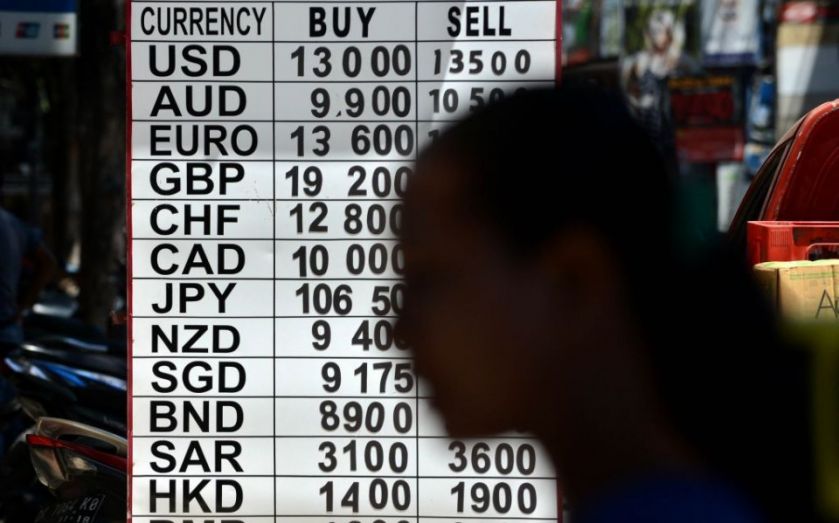Banking pay-outs: Forex rate-rigging scandal will be bigger than Libor

The foreign exchange market is the largest financial market in the world, with transactions worth $5.4 trillion taking place every day. The revelation that banks colluded to attempt to manipulate the forex market over many years makes it likely that forex claims will cost the banks more in compensation, as well as regulatory fines, than any past banking scandal. Though New York has seen the first large-scale settlements, London will probably turn out to be where the biggest pay-outs occur.
In the middle of August, nine banks, including Barclays, HSBC, RBS and Goldman Sachs, paid out a reported $2bn to settle claims brought against them in New York. It is notorious that settlements in the US are larger than ones in the UK. The reasons usually cited are: the ability of US courts to award punitive damages; the uncertainties resulting from the use of juries in civil cases in the US; and the fact that costs are not awarded separately.
So why is it likely that banks could have to pay out even more in compensation for claims brought in London?
First, the London forex market is the largest currency exchange market in the world. It accounts for 40.9 per cent of the daily worldwide market in foreign exchange, compared with 18.9 per cent for the US. The banks which have been fined are responsible for 48 per cent of the global forex market: in other words, almost one in two customers in the forex market is likely to have been affected by their collusion.
Second, claims for forex manipulation lend themselves to litigation by way of a class action. The rigging of forex rates was one set of actions by banks which harmed multiple participants in the markets.
Third, although the manipulation of Libor seems an obvious precedent, there are significant differences between the context for Libor claims and that for forex claims. Libor litigation has so far been an iceberg, most of which is not visible. There has been no case of Libor manipulation with a bigger profile than Graiseley Properties, which reportedly accepted a settlement worth £40m last year.
There has, as yet, been no class action for Libor manipulation. In part, that is because of the way the story broke. Regulators initially imposed fines on individual banks and it was only later that the extent of collusion began to be revealed. It would be a bold litigator who would allege the existence of a cartel which the regulators had not already identified.
Another reason is that claims of Libor manipulation are often one of a number of complaints which customers are making against their bank. Finally, customers with Libor claims usually have an ongoing borrowing relationship with the bank they are suing and that explains the lack of decided cases: it has been in both parties’ interests to reach a settlement, guarded by a confidentiality clause.
By contrast, the operation of numerous forex cartels has been fully documented by the regulators; the fixing claims are standalone claims; and the claimants are counterparties to the banks they are suing. Add to that the English courts’ new appetite to facilitate class actions of this type, and litigation in London may well prove to be an even more expensive headache for the banks.
David McIlroy and Lloyd Maynard are barristers at Forum Chambers.